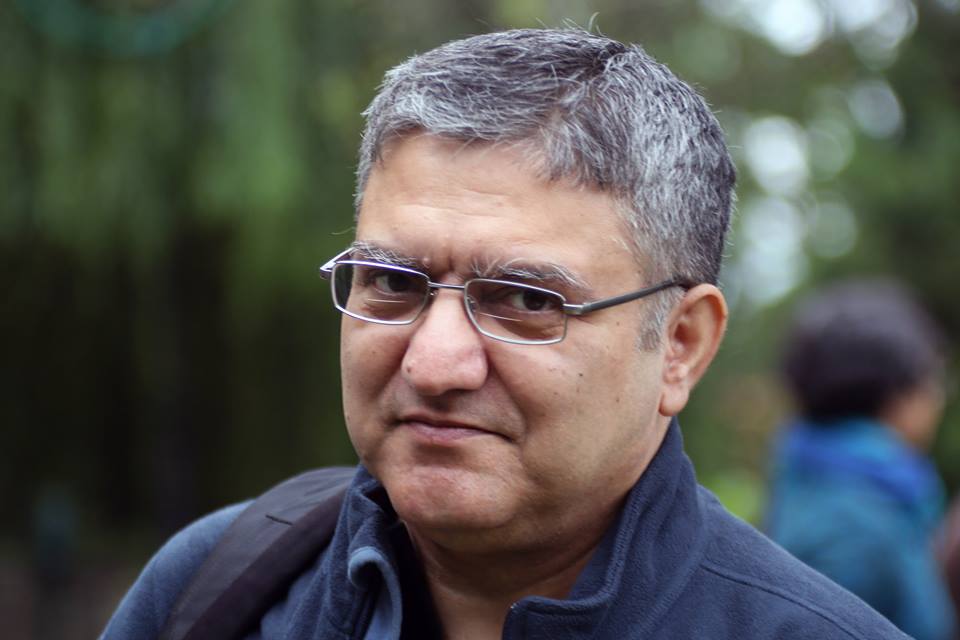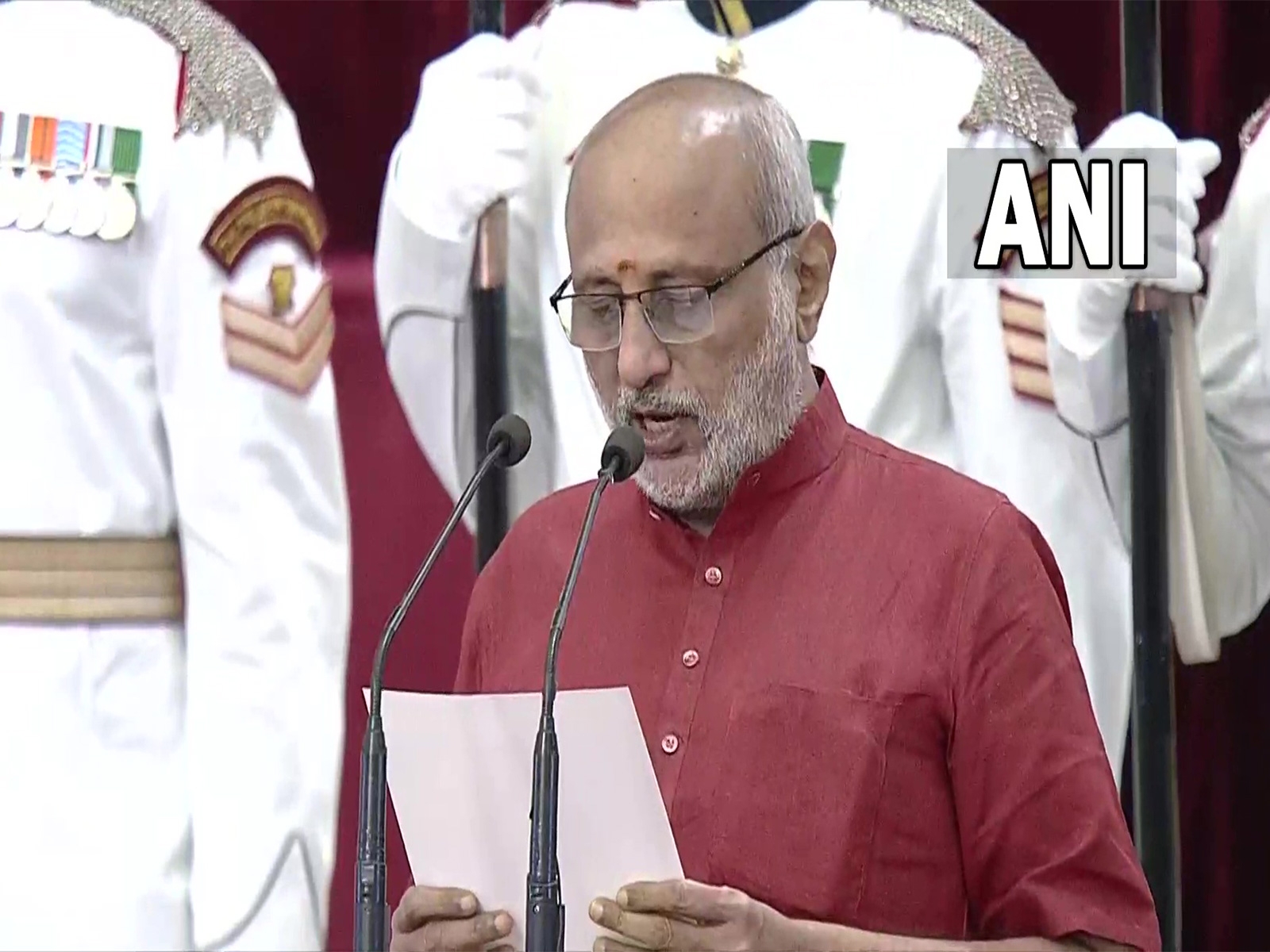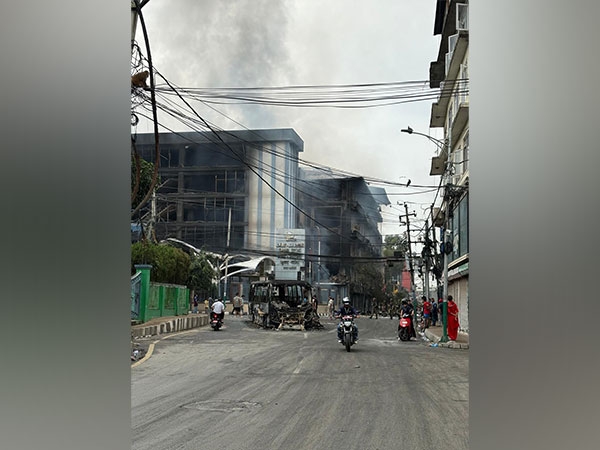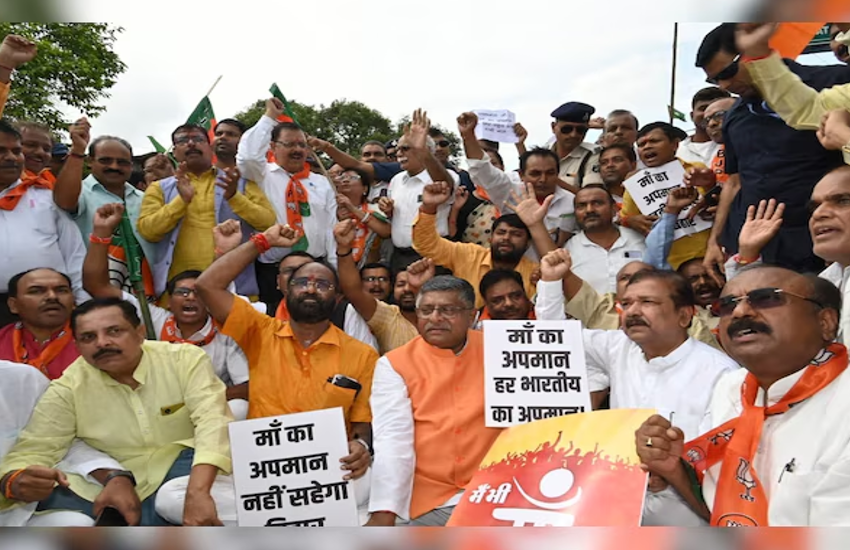From Gurgaon to Gurugram: renaming is a dangerous exercise in purification

The renaming of Gurgaon has called forth a spate of jokes on social media and discussions on television, one of which I had occasion to watch the other day. The anchor was more amused and exasperated than outraged by the decision, and kept asking the spokesperson of the ruling party what the renaming would achieve.
The other panelists criticised the decision on the ground that the city needed better infrastructure, policing and other services and that the name change was at best a trivial and frivolous exercise. The justification for the renaming given by the official spokesperson of the decision-makers' needs, however, to be looked at very carefully.
The learned spokesperson started by asking what the point was, in renaming Bombay, Calcutta and Madras. It has to be appreciated that while all renaming is essentially political grandstanding, the logic behind the renaming of the three state capitals is very different from that underlying the renaming of Gurgaon.
In Marathi and Gujarati, the two most spoken languages in the financial capital of India, the word for the city is and always has been Mumbai. Even when the city was officially called Bombay, a Gujarati speaker would say 'Hun Mumbai jau chu' for 'I am going to Mumbai', and a Marathi speaker would say 'Me Mumbai la jato'. The local languages always called the city Mumbai and changing the name was a de-Anglicisation for obvious political gain.
The same logic applies to renaming Madras as Chennai. A Tamil speaker would always refer to the city as Chennai when speaking in Tamil, even when the official name of the metropolis was Madras. The renaming gave back to the city the name it had always had in the local language.
Ask any Bengali and she will tell you that in Bengali, the capital of West Bengal was always referred to as Kolkata. The renaming simply gave the city the name it had always had in the language of the local inhabitants.
The justification for renaming Gurgaon is, however, very different, at least as explained by the ruling party spokesperson Shri Trivedi. He argued that Gurgaon was a distortion of the correct, original name by 'colloquials' and in 'local language'. This conclusion was based on a statement in the District Gazetteer of 1910.The renaming, according to him, was a correction of a distortion introduced by the locals resulting from improper, colloquial use of language.
The District Gazetteer of Gurgaon 1910 says:
"The name Gurgaon is a corruption of Guru Gaon or village of a spiritual leader. It is said that Judhistar, leader of the Pandavas, gave this village to his guru, Drona Charaj whose tank still exists on the west side of the road to the Railway Station.'
The Gazetteer of 1883-84 does not, however, appear to have this piece of information.The British perhaps learnt some Indian mythology between 1883 and 1910. Be that as it may, there is no record of when the 'distortion' by local language usage happened or how many centuries or millennia have elapsed since the pure Guru Gram became Gurgaon.
The logic is however implacable -- local language and usage has no value since it is impure, distorted - an apbhransh- and the distortions need correction even if the locals have created and been happily living with such linguistic distortions forever and a day.
We need to step back here and think about the implications of this logic. All local usage, colloquialisms, linguistic experimentation are impure and distorted and need Sanskritisation to restore them to their pristine glory. If we recall, Buddha preached in a local language and Tulsidas wrote not in Sanskrit but in Awadhi -- a local dialect. Shri Trivedi's logic then will have us send the Pali Canon and the Ramcharitmanas for purification to the Government of Haryana!
A small example will help here: Buddha used the word 'Dhamma' which is an apbhransh of Dharma. Should we then revamp the sermons to ensure linguistic purity?
To consider local linguistic usages as distortions in need of correction to pure Sanskrit is an enormously disturbing point of view. In the historically verifiable past, Sanskrit was the language of the elite, not of the masses; which is why the great preachers used the local languages to spread their message, as did the great kings. Remember that the Ashokan edicts are in Prakrit.
A policy of 'purification' has frightening overtones as any student of history will affirm. Starting from correcting 'distortions' in linguistic usage, where else will such a policy mindset take us?
The views expressed here are personal and do not necessarily reflect those of the organisation.
Edited by Anna Verghese
First published: 15 April 2016, 5:06 IST





![BJP's Kapil Mishra recreates Shankar Mahadevan’s ‘Breathless’ song to highlight Delhi pollution [WATCH] BJP's Kapil Mishra recreates Shankar Mahadevan’s ‘Breathless’ song to highlight Delhi pollution [WATCH]](https://images.catchnews.com/upload/2022/11/03/kapil-mishra_240884_300x172.png)

![Anupam Kher shares pictures of his toned body on 67th birthday [MUST SEE] Anupam Kher shares pictures of his toned body on 67th birthday [MUST SEE]](https://images.catchnews.com/upload/2022/03/07/Anupam_kher_231145_300x172.jpg)






